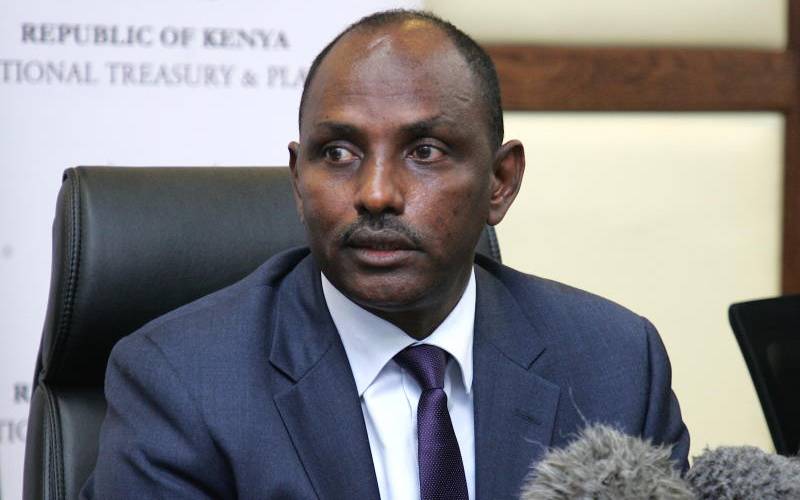×
The Standard e-Paper
Kenya’s Boldest Voice

The National Treasury has dropped plans to reschedule payment of Eurobond loans, with the last week’s announcement spooking investors.
Yesterday, Treasury cancelled an earlier advertisement seeking the services of a “sovereign debt advisory firm,” - which gave an impression that all types of commercial loans including Eurobond loans would be restructured.






